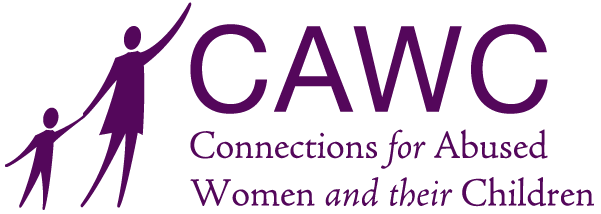In spite of the shocking prevalence of domestic violence (around 1 in 4 women will experience violence at the hands of a partner), according to the Crime Report, nearly half (44%) of domestic violence cases go unreported. The reasons for this are complex, but one of them is the stigma that survivors of domestic violence often face after coming forward. While this sort of stigma and discrimination aren’t often talked about, they can compound the trauma that domestic violence survivors experience and have lasting repercussions for their futures.
What Does Stigma Surrounding Domestic Violence Look Like?
Stigma is defined as disapproval or negative beliefs directed at people with a specific identity or characteristics. People experience stigma from a variety of different sources—other people, social/political institutions and systems, or even themselves (this type of stigma is known as internalized stigma).
Stigma can manifest in different ways, too. Below are a few of the ways that domestic violence survivors may experience stigma:
- Feelings of guilt, shame, or responsibility for their abuse
- Being perceived or treated differently by others
- Having their experiences dismissed, denied, or mitigated
- Loss of status and/or isolation
- Discrimination, such as being evicted as a result of their abuse, or being fired for needing to take time off of work for court appointments or healthcare
Where Does the Stigma Around Domestic Violence Come From?
Like most forms of stigma, the stigma attached to domestic violence is rooted in ignorance. More specifically, researchers believe that it stems from false beliefs—whether conscious or unconscious—that people hold about domestic violence and the people who experience it.
In one study, researchers presented study participants with different hypothetical scenarios, then gauged their reactions. They found that the participants who were more likely to assign blame to the victims exhibited greater belief in what the researchers termed domestic violence “myths.” These myths included:
- The belief that survivors provoked or deserved their abuse, particularly if they returned to their abusers afterward.
- The belief that people who experience their abuse can easily or simply leave their abuser
- The belief that survivors secretly want to be abused
These myths aren’t just untrue—they are actively harmful in that they often stop survivors from reporting their abuse, prevent them from being able to heal, and result in discriminatory attitudes and treatment from other people. Thus, a key part of dismantling the stigma around domestic violence is education to correct and eliminate these myths.
At Connections for Abused Women and Their Children (CAWC), we believe that everyone has a right to a life free of violence. Our mission to end domestic violence is rooted in education, service, and advocacy. In addition to working toward broader social change, we provide empowerment-based and trauma-informed support in the form of shelter, counseling, and advocacy to individuals affected by domestic violence and their children. If you or someone you know is struggling with domestic violence, don’t hesitate to call our 24-hour hotline at (773) 278-4566. To support our work, consider volunteering or donating.
